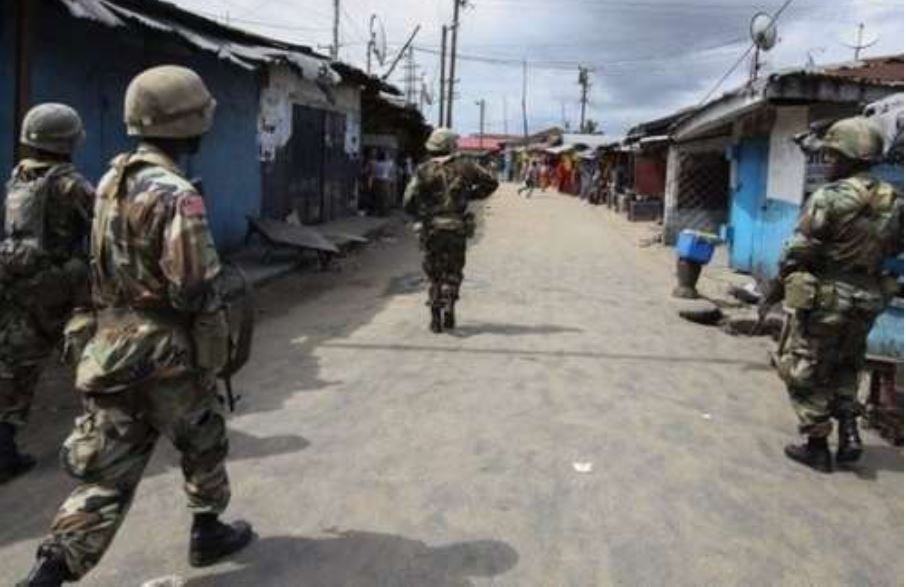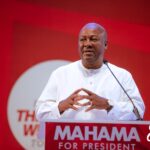Killing. Arson. Violence. These are the reports we hear whenever Bawku is in the news. The immediate cause is always ascribed to interethnic chieftaincy tensions. Assuming this is the whole truth, why is the conflict protracted and worsening over time? Is the problem intractable? What are the broader national security implications of the Bawku situation in the face of widespread terrorism and violent extremism in West Africa? Is the Government’s approach adequate?
Beyond castigating Mamprusis and Kusasis, whenever violence escalates in Bawku, we should reflect (on the above questions) and evaluate the role and performance of the Government on the matter.
Upon careful analysis, one would justifiably conclude that the Government is the villain in the protracted Bawku crisis. The havoc is mitigable. What is worse is that through its neglect or incompetence on the Bawku issue, the Government is increasing Ghana’s vulnerability to terrorism and violent extremism, which are endemic in West Africa.
A regrettable shortcoming of the Government on the protracted Bawku crisis is that key political figures, including the President and the Ministers for Defence and Chieftaincy, have demonstrated bias on a hypersensitive matter that requires sound evidential analysis, legal scrutiny, and diplomacy. On this point, the internet is replete with statements from these political figures that demonstrate how the Government has exacerbated the Bawku conflict.
In terms of solutions, the Government is keen on militarization, arrests, and prosecutions. This flows from the narrow framing of the Bawku issue as one that hinges on criminality and law enforcement. At best, such a coercive approach helps in de-escalating the violence but does not address the root causes of the problem in a way that will secure lasting peace, mutual co-existence, and economic development in Bawku. In any case, cost-benefit and cost-effectiveness analyses will not inform the ad-hoc, arbitrary, uncoordinated, and unscientific interventions on the Bawku crisis.
For a lasting solution to the Bawku crisis, the Government should be neutral on the matter, adopt evidence-based interventions, and make the best use of our limited national resources. Additionally, our policymakers should be conscious of Ghana’s porous borders with terrorism hotspots, the abundance of illegally-owned small arms and light weapons in Ghana, and the intrinsic link between unemployment, underdevelopment, and violence.

Dr. Jamal Tonzua, MPP (Oxford), LLM (Georgetown Law), LLB, QCL (Ghana), DIA (Johns Hopkins SAIS).
Law Lecturer & Former Assistant Director of Legal Services, Ghana Armed Forces.
jts159@georgetown.edu; 0244900945.




